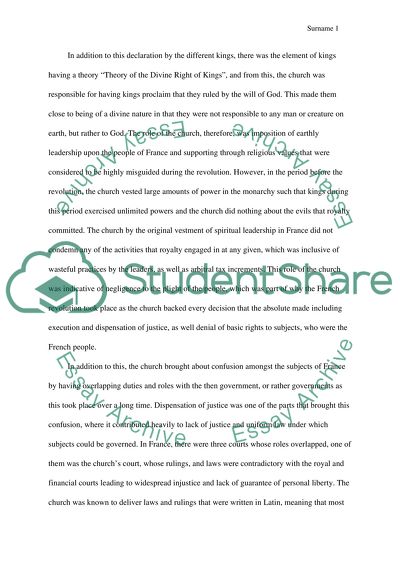Cite this document
(“Role of the Church in the French Revolution Term Paper”, n.d.)
Role of the Church in the French Revolution Term Paper. Retrieved from https://studentshare.org/history/1486338-role-of-the-church-in-the-french-revolution
Role of the Church in the French Revolution Term Paper. Retrieved from https://studentshare.org/history/1486338-role-of-the-church-in-the-french-revolution
(Role of the Church in the French Revolution Term Paper)
Role of the Church in the French Revolution Term Paper. https://studentshare.org/history/1486338-role-of-the-church-in-the-french-revolution.
Role of the Church in the French Revolution Term Paper. https://studentshare.org/history/1486338-role-of-the-church-in-the-french-revolution.
“Role of the Church in the French Revolution Term Paper”, n.d. https://studentshare.org/history/1486338-role-of-the-church-in-the-french-revolution.


